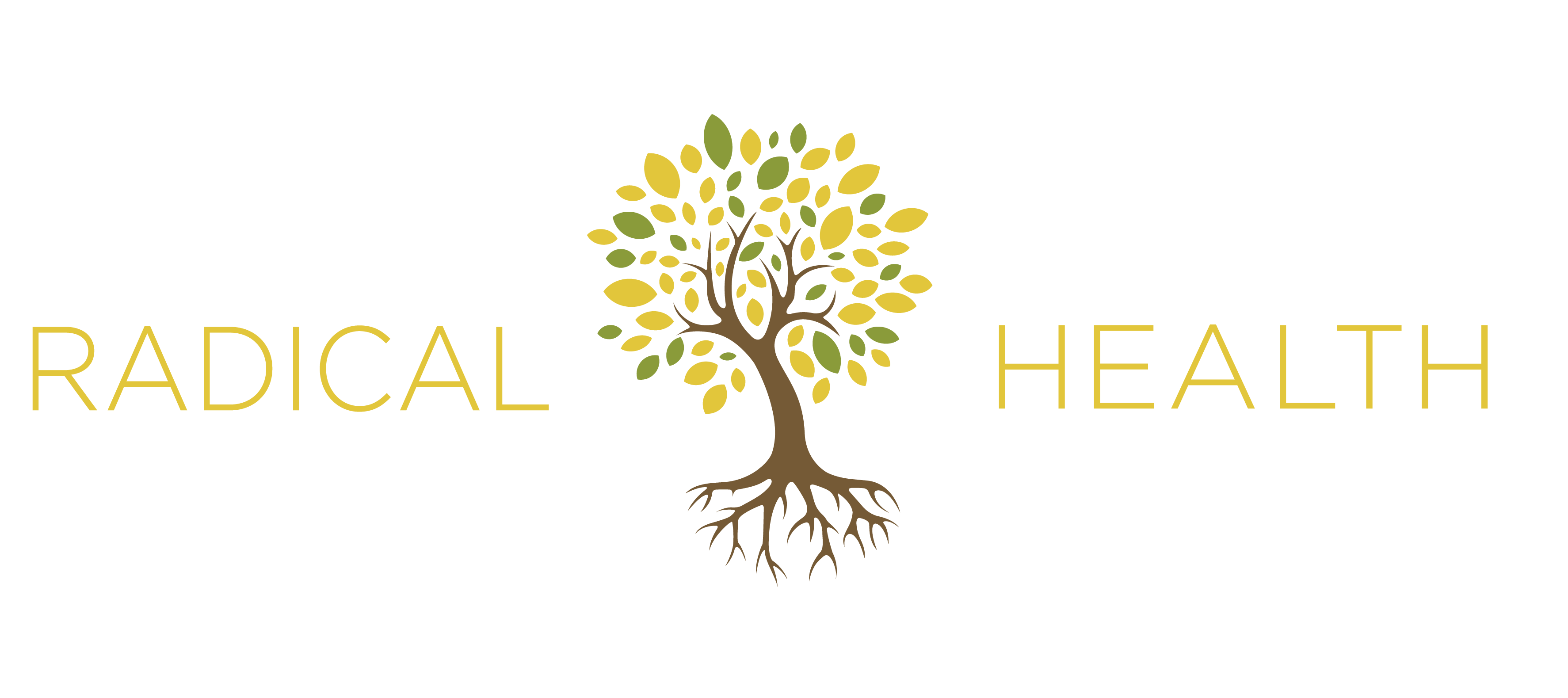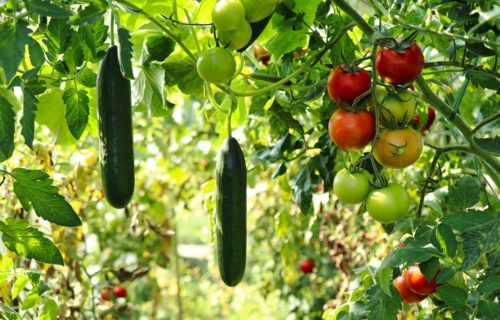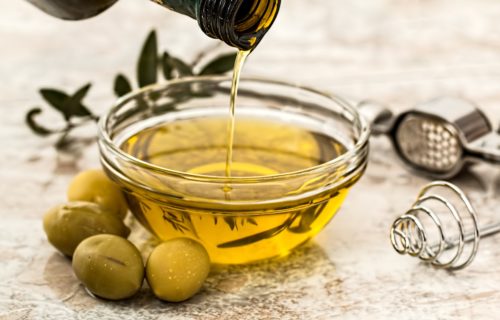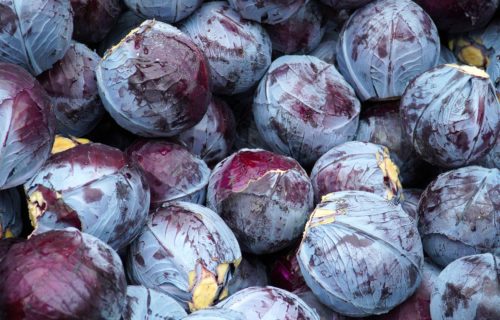
Organic on a Budget
A lot of people think the word ‘organic’ is synonymous with expensive. And it’s true, most organically grown food costs more, which doesn’t seem fair when you’re trying to invest in your health.
I’ve been asked more than a few times about buying organic on a budget, so here are a few tips that I hope will help guide you. Some of the suggestions are seasonal, but many can be applied even in the dark days of winter.
The most important foods to buy organic are foods that contain fat.
This includes meat, dairy, eggs, nuts and nut milks, butter and oils. Now, you’ve probably heard about the “dirty dozen” – the fruits and veggies you should always buy organic. While this is true for fruits and vegetables, if you can only afford to buy a few things organic it should first and foremost be foods that contain fat.
Why? Toxins in fat are more easily absorbed by your body and stored there for longer (they bio-accumulate). Since butter is mostly fat, it is one of the most concentrated food sources of bio-accumulative toxins.
Unfortunately foods that contain fat are some of the most expensive to buy organically. One way to reduce your expenses on these products is simply to reduce your consumption. This is especially true for animal products which people tend to eat too much of. If you are on a tight budget try cutting down your meat consumption to a couple of times per week, use a little less butter, and hold off on that extra cheese.
For fruits and veggies try buying at least the “dirty dozen” organically.
I’ve already mentioned this above. It is fairly straightforward. Essentially if I’m not peeling it, I’m buying organic.
Consider getting an organic CSA (Community Supported Agriculture) box.
There is something to be said about knowing and trusting the people who grow your food. It is well worth the money and it saves you from having to spend time in the grocery store. The produce is super fresh so it lasts longer (therefore less waste) and is more nutritious than the stuff at the supermarket. Alternatively, I suggest shopping at your local organic farmers market.
Grow what you can. There is no better.
Tear up that lawn you don’t use and hate mowing – grow food in its place! If you don’t have space, consider joining a community garden. If your community doesn’t have one, consider starting one!
Forage your own!
Dandelion greens, grape leaves, nettles, lamb’s quarters, wood sorrel, garlic mustard…the list goes on. They’re wild, organic, and free. If the thought of this scares you, join a local plant walk. Once you start learning plants, a stroll outside will never be the same.
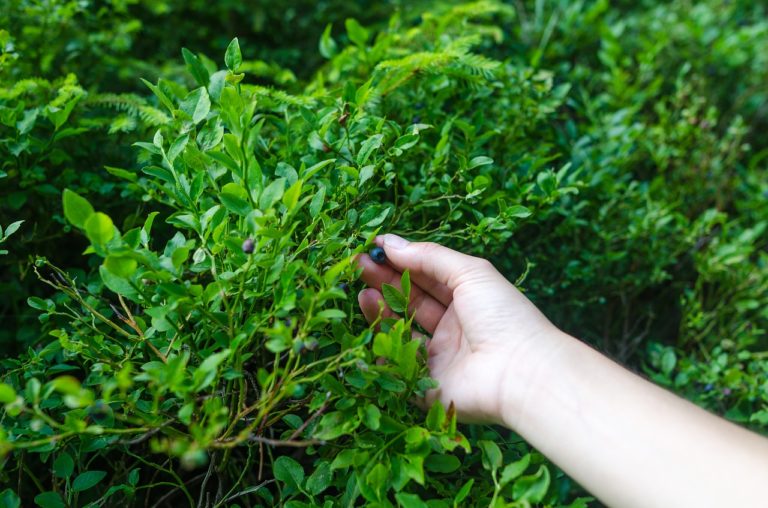
Buy in bulk.
There may be a bulk store that offers organic products where you live. Costco offers several organic products at great prices.
Buy seasonally and locally.
When things are in season their prices tend to shift dramatically. At the end of the day at the farmers’ market, farmers might prefer to give you a great deal rather than carrying unsold produce back home.
Learn how to preserve food.
Now that you’ve scored big at the farmers market, you can preserve some food to take you through the winter.
There are a number of ways to preserve your food including cold storage, dehydration, canning, pickling, and our favourite, fermentation.
Make your own.
Organic ready-made meals may be healthier, but they are super pricey. One thing that works for me is planning my meals and spending a few hours on Sunday batch cooking. It may mean eating the same thing for a few days, but it stops me from eating out and last-minute ‘ready-to-eat’ purchases.
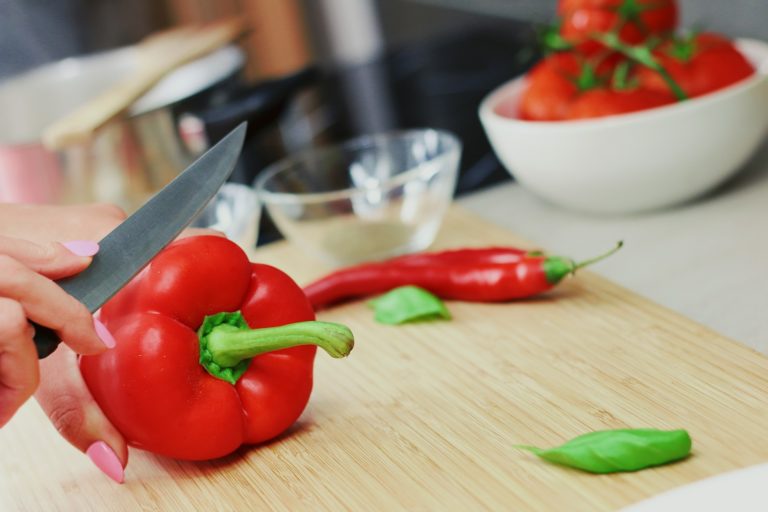
These are just a few tips on ways to eat organically on a budget. Remember, try not to get stuck in the ‘all or nothing’ mentality. Doing a little is better than doing nothing at all!
